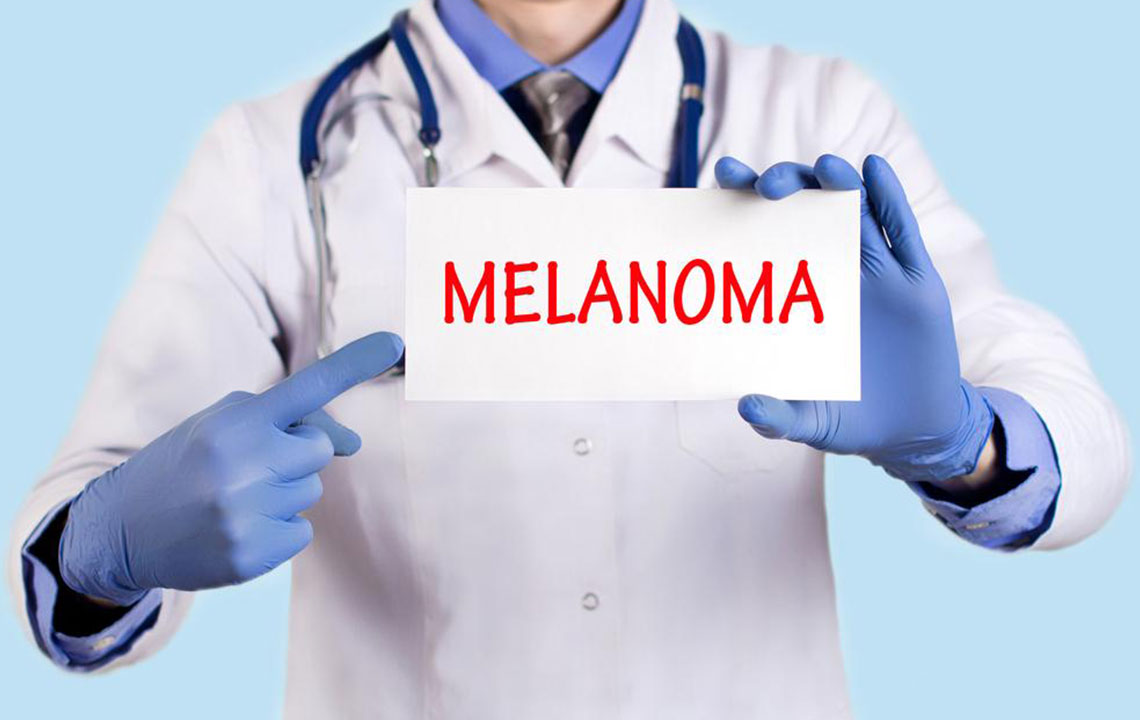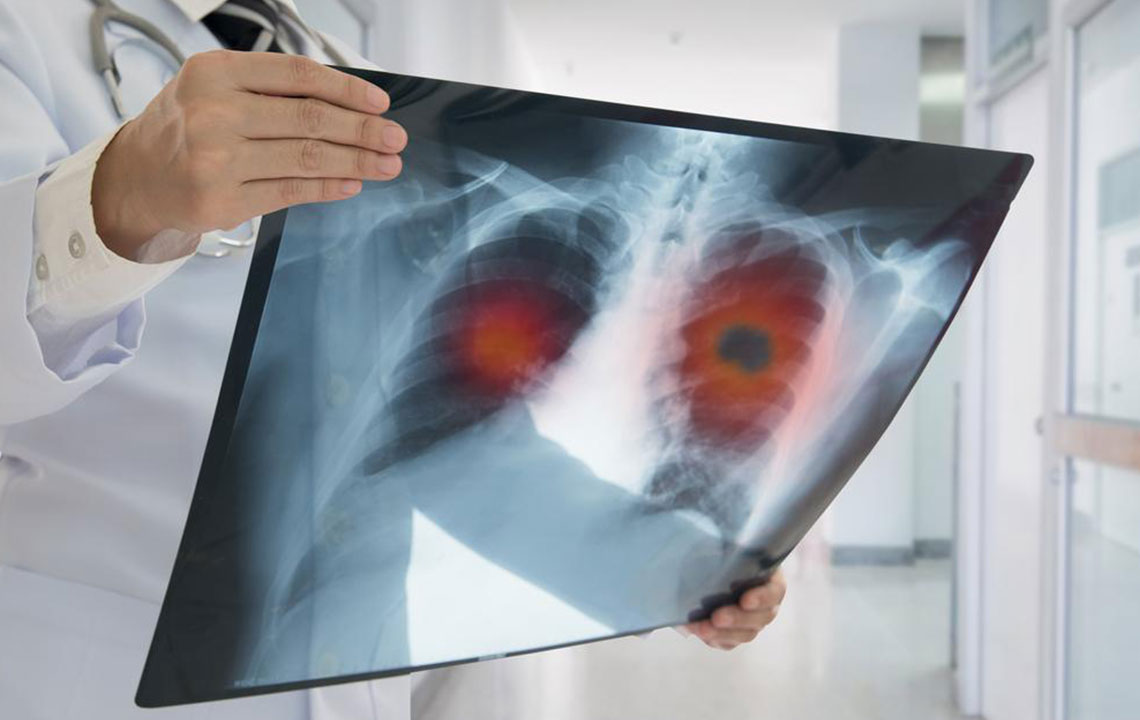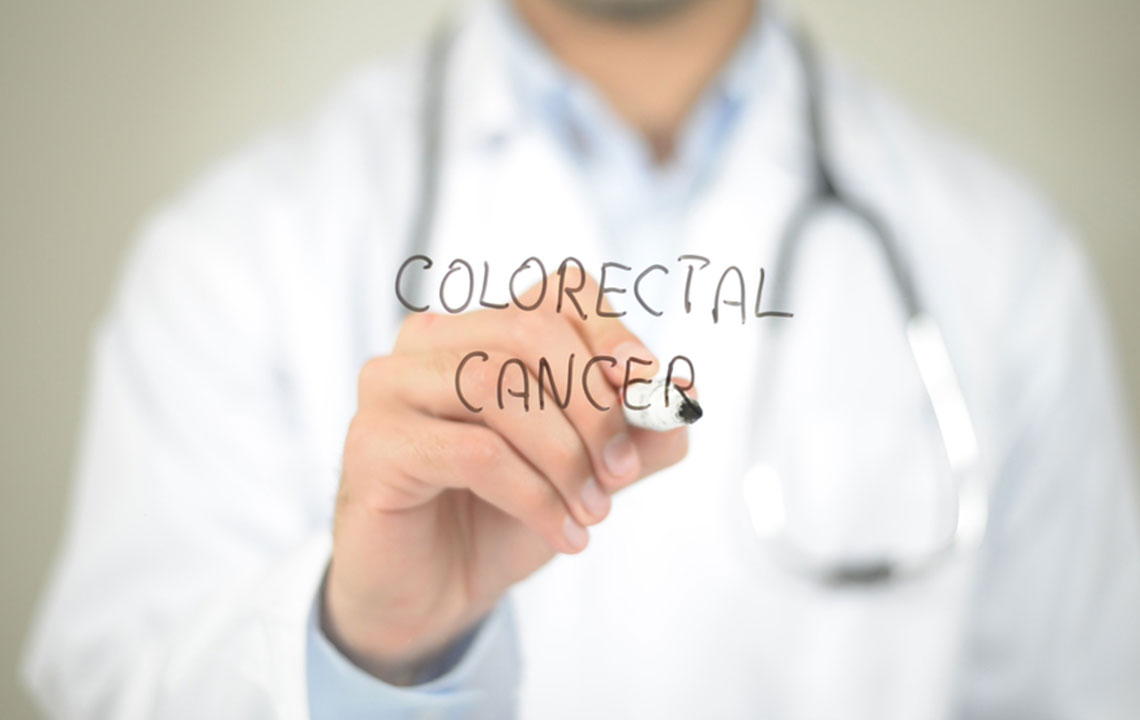
Big C
Effective Treatment Methods Used for Prostate Cancer
Cancer is one of the fatal diseases and has claimed several lives over the years. Today, a huge population is affected by this deadly disease and the inability to cure this disease in the final stages is nearly impossible. One of the most common forms of cancer to affect 1 in every 7 men in the United States is prostate cancer. 1 in 39 men have reportedly died of prostate cancer; the reason being that the condition was diagnosed in the advanced stages. Prostate cancer affects the prostate gland, which is situated under the bladder. The primary function of the prostate is to produce semen. The prostate gland is an integral part of the male reproductive system. The cancerous cells grow and multiply uncontrollably in the prostate gland, and this is when a man is detected with prostate cancer. When the cancerous cells grow and spread outside the prostate gland, it is defined as an ‘advanced’ stage. Like every other kind of prostate cancer, the condition is curable if it is detected in the early stages. However, treatment of advanced prostate cancer is complex, and there are no treatments available to cure this stage of cancer. Symptoms of advanced prostate cancer Men will notice symptoms quite early in the development of prostate cancer.











